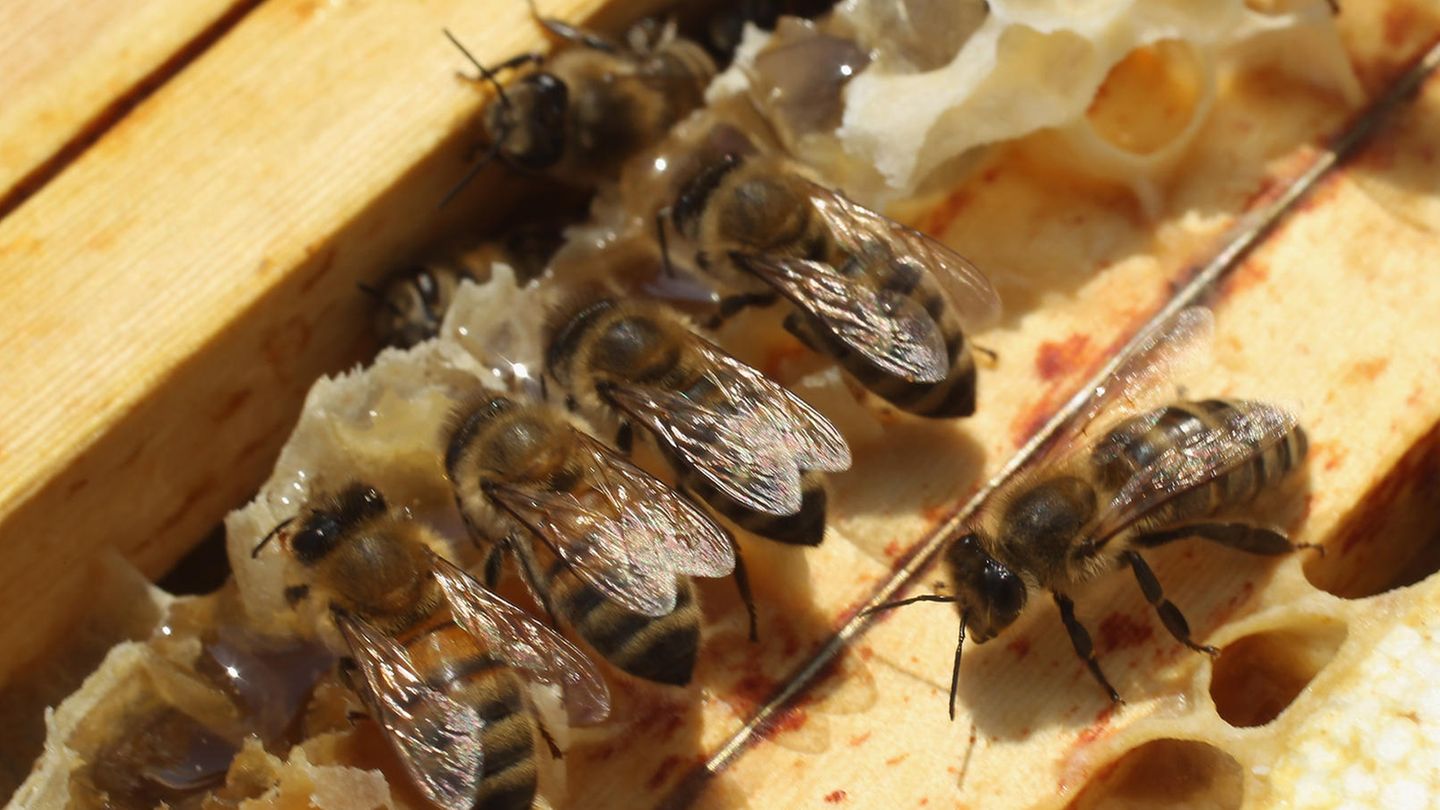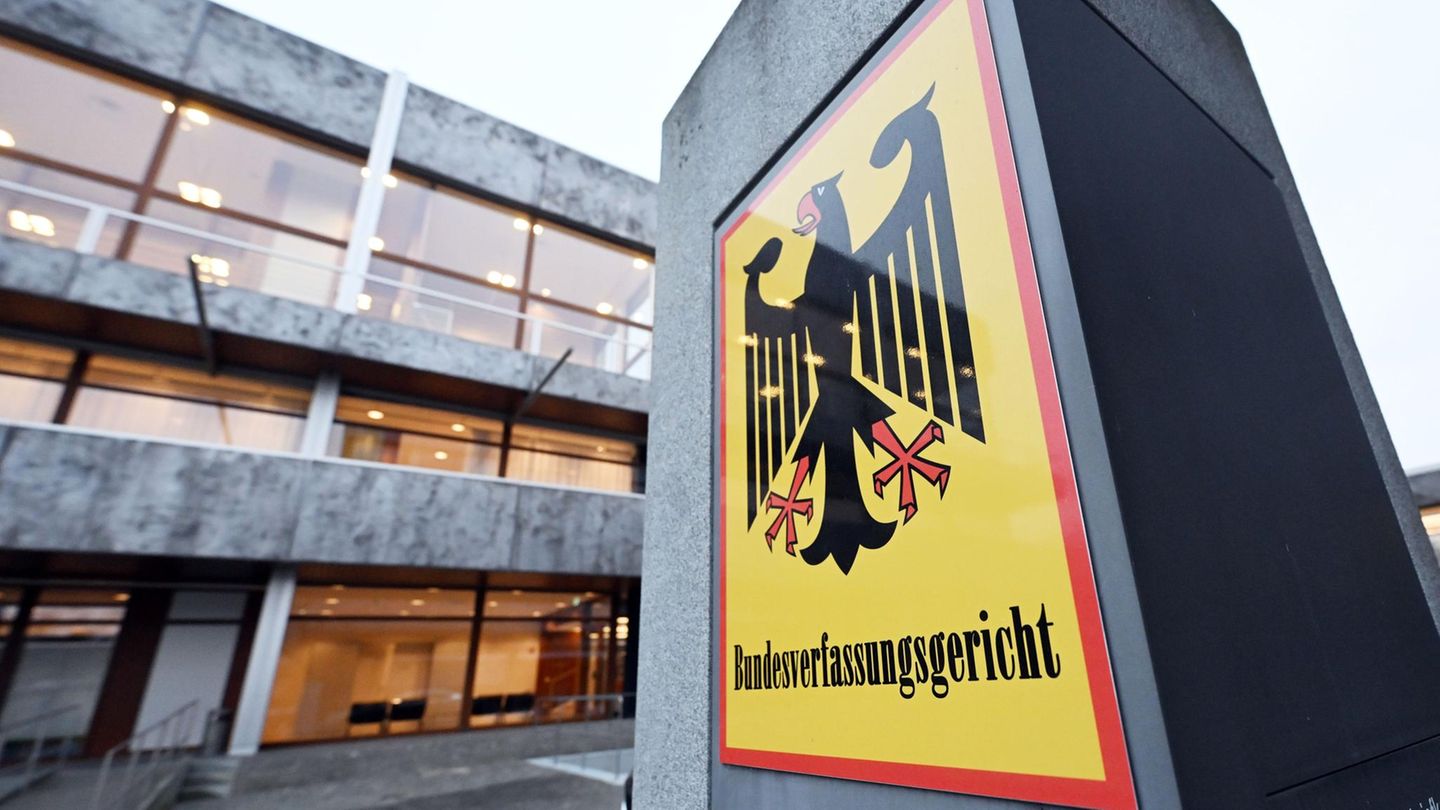It could be a judgment with a signal effect: For the first time, an agricultural company has to pay compensation to a beekeeper for honey contaminated with glyphosate. But plaintiffs and conservationists want more.
In the spring of 2019, beekeeper Sebastian Seusing set up his beehives for honey production as usual. The bad awakening: A few months later he had to destroy wax and a total of four tons of honey because a farm next door had sprayed his fields with weed killers containing glyphosate.
The bees had collected nectar for their hive from the field and thus also carried pollen contaminated with glyphosate into the hive. Laboratory analyzes showed that the residues were up to 152 times higher than the legal limit. The consequence of the loss: Seusing had to give up his business, since then he has been working on an organic farm in Schleswig-Holstein.
In a lawsuit, Seusing therefore demanded compensation for his contaminated honey – and won: The agricultural company now has to pay him around 14,500 euros for the damage caused because of the weed killer glyphosate. In addition, the district court in Frankfurt (Oder) ruled that the company must also bear the legal costs.
From the point of view of the court, the beehives were visible to everyone. In view of the intensity of the contamination, illegality had been determined, explained a court spokesman. In addition, the agricultural company acted negligently. The property of the beekeeper was thereby violated.
Nectar contaminated with glyphosate
The judgment is an important signal to farmers when using the weed killer glyphosate, for which there are restrictions, said the beekeeper’s lawyer, Georg Buchholz. “You deal with toxins, you have to make sure you don’t harm anyone and the potential victims are beekeepers, bees and consumers,” he said. Farmers must ensure that controversial pesticides do not get into other foods.
Beekeeper Sebastian Seusing is also satisfied with the verdict: “This is a new situation for all beekeepers, they can now refer to this verdict and many beekeepers will dare to have their honey checked or to sue against the use of pesticides,” he was convinced of the German Press Agency.

130,000 recreational beekeepers in Germany
The Aurelia Foundation, which supports the complaining beekeeper, criticized the judgment as restricting a solution to a serious problem. It is about fundamental questions of agricultural policy, said the board of directors of the foundation, Thomas Radetzki. “We would have liked the judge to write in her reasoning that bees are part of agriculture and the farmer must always expect that what he sprays will reach the bees.”
Radetzki pointed out another problem. Due to the intensive agriculture, which uses pesticides in large areas, the beekeeper moves on “thin ice”. There are 130,000 recreational beekeepers in Germany, many of whom also sell their honey. They are subject to the food law and must ensure that the product is “marketable,” explained Radetzki. If the beekeeper has reason to assume a contamination, he must have the honey tested, otherwise he is liable to prosecution. “We need an agricultural turnaround,” Radetzki said. The use of pesticides in flowering plants should be banned as a matter of principle.
The verdict is an individual decision of the court. The judgment does not fundamentally clarify whether farmers who use glyphosate have to reckon with the fact that beehives are in the vicinity or whether beekeepers have to inform farmers if they set up bee wagons. Appeals against the judgment can still be lodged.
Source: Stern
Jane Stock is a technology author, who has written for 24 Hours World. She writes about the latest in technology news and trends, and is always on the lookout for new and innovative ways to improve his audience’s experience.




